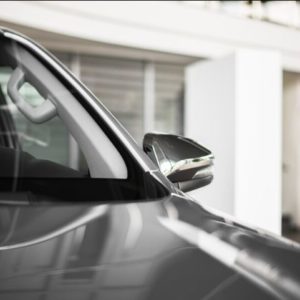Does your budget restrict you from buying an all-new sports car? Be brave and purchase a second-hand car with our 5 amazing professional tips that apply to all sorts of used sports cars and will make it easier for you to own a sporty coupe.
Table of Contents
1) Presume the Consumables Need Replacement:
Parts like tires, brake pads, brake rotors and the car’s clutch continuously function when the sports car is being used. They can be considered as consumables that are extremely worked up in a high-performance sports car. Always pick a car thinking you may need to replace such parts and plan your budget accordingly. You won’t feel heartbroken and your pocket won’t be light if you make a decision based on this assumption. Later, if you find out that your sports car needs no such replacements it will be a win-win situation.
2) Suppose the Car Fluids are Overdue for a Change:
Fresh fluid for used cars is as important as fresh food to human beings. Changing old fluids can increase the car’s durability and life span, especially for a sports car that always faces tough driving conditions. Assume before buying that the essential fluids have not been changed for a long time, unless service records and other receipts prove you wrong. This will save you from the shock of spending extra money on fluids later on. Make sure you put fresh fluids after the purchase, especially if your car shows high-mileage on the odometer. Don’t just give attention to the engine oil and the coolant; the transmission, power steering, brake and probably differential fluids may also need replacement.
3) Consider the Sports Car has been Driven Hard by the Previous Owner:
A sports car enthuses its driver into being more excited and daring. As a result, the parts are over worked and are prone to quicker internal and external damages. So, it’s safe to consider the sports car was heavily used by its previous owner. When you are in market for buying, inspect professionally. Spot any damages on the exterior, suspension and even the bottom-side of the front edge of the bumper for indications of poor parking and bottoming-out. You should know details like if the car has ever crashed into anything due to power slide. These things will help you know how much money you have to spend on it later if you decide to buy it.
4) Make Sure the Warranty hasn’t been Compromised:
If the used model you’re considering is under factory warranty, just think the warranty would have been compromised, unless the dealer proves otherwise. Are you aware, skipping just a single fluid change can affect the factory powertrain warranty of the vehicle? The same happens when the timing belt change is overdue or when the hardware/software of the vehicle is tweaked with non-factory modifications. Check the maintenance and service history of the used car you are purchasing, or note down the VIN and talk to a service advisor at the car’s dealer to make sure the warranty is uncompromised.
5) Deal with an Upcoming Repair Bill that the Seller will make you pay:
Some dealers try to enforce a car repair bill on you for an issue they may or may not know about. To steer clear from such things, it’s better to opt for a Pre-Purchase Inspection (PPI). A PPI is a paid service by a qualified mechanic of your choice to save you from making pricey repairs. In about an hour, the mechanic will professionally check all the components, systems and even perform an OBD scan to reveal any issue inside the sports car you’re interested in.


